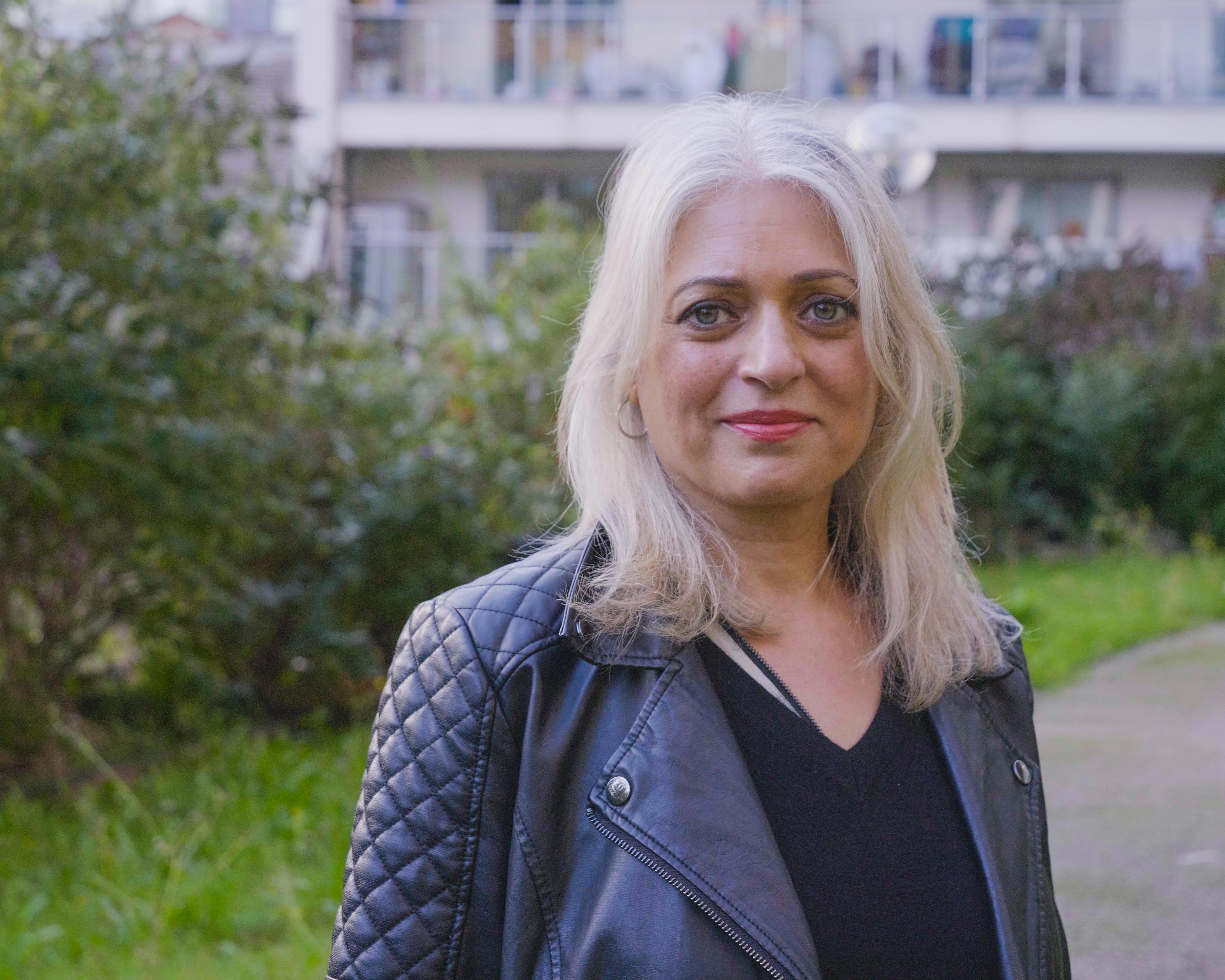
Snita
It's important to talk about remission; to give hope to people who are working towards it, or have perhaps come out of remission and feel they can’t do it again.
customer support
customer support

It's important to talk about remission; to give hope to people who are working towards it, or have perhaps come out of remission and feel they can’t do it again.